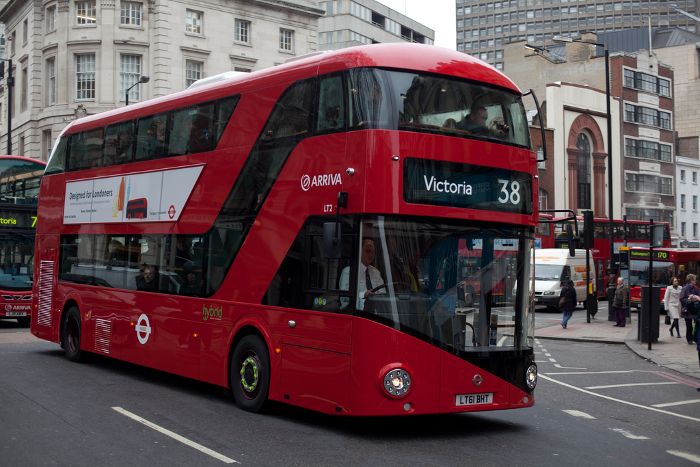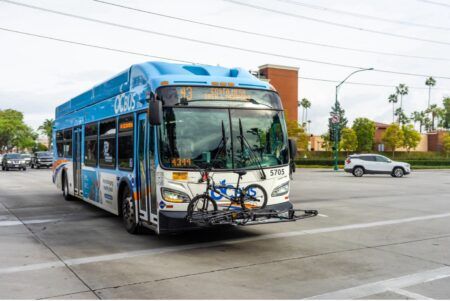Back in May 2020 Transport for London (TfL) received a $1.6bn bailout from the government as it became clear that a 90% drop in passenger numbers on it public transit services during lockdown was going to leave the organisation insolvent. Now that money has run out and a new £1.8bn package has been agreed.
The agreement will enable Transport for London (TfL) to continue to support the capital for the remainder of the financial year as discussions on longer-term sustainable funding continue.
The current temporary changes to the Congestion Charge will also be maintained as a continuing response to the coronavirus pandemic, as will the current temporary removal of free travel on public transport in the morning peak for holders of 60+ / older persons Freedom Pass.
Before the coronavirus pandemic, TfL was on the path to achieving a level of financial self-sufficiency almost unheard of for transport authorities around the world. But the pandemic has massively impacted TfL’s finances and significantly reduced fares revenue, necessitating ongoing financial support from the government.

The funding and financing support package agreed between TfL and the Department for Transport will ensure funding is available to TfL to address its forecast funding shortfall, arising from the loss of passenger revenue as a result of the coronavirus pandemic.
The funding package will provide TfL with a core amount of £1bn for the period between 18 October 2020 and 31 March 2021 and comprises of an Extraordinary Support Grant of £905m payable under section 101 of the Greater London Authority (GLA) Act 1999; and incremental borrowing by TfL from the Public Works Loan Board of £95m.
The above funding amounts assume that the passenger demand over the support period will stay at approximately 65% of pre-coronavirus levels. This is higher than the ridership assumptions in TfL’s revised budget, published in July 2020, which forecast a funding shortfall of approximately £2bn for the second half of 2020/21.
In recognition of the high level of uncertainty in predicting the future passenger revenue over the support period, the funding package permits modification of the total amount of support up or down depending on actual passenger revenues. It is expected to provide approximately £1.8bn of funding based on the amount of passenger revenue assumed in TfL’s revised budget, but this could increase if actual revenues are lower than that.

“Reaching this agreement with the government allows us to help London through this next phase of the pandemic,” says Andy Byford, London’s transport commissioner. ” We will continue to work with the Mayor and the government on our longer-term funding needs. As always, our staff are working tirelessly to serve London’s people and businesses; supporting the city’s economy and providing an excellent, safe and reliable service to our customers every day.”
As part of the funding package, TfL will commit to contributing approximately £160m to the forecast funding shortfall in the form of additional income or savings through a mixture of lower capital and operating expenditure supported by stronger financial controlmeasures.
Over the course of the support period, TfL and DfT will continue to work on long-term funding plans to ensure TfL’s financial sustainability over the medium to long term. Discussions on funding the additional costs to complete the Crossrail project are not included as part of this funding package back but are being progressed in parallel, remain constructive and are expected to conclude soon.





